Interactive sessions
Home // Interactive Sessions
Have DAGs fulfilled their promise?
Time: 16h30 – 18h30 | Venue: Meeting Block 1.41-1.44
This debate explored the evolution and application of Directed Acyclic Graphs (DAGs) in epidemiological research. There was a critical evaluation of whether DAGs had lived up to the expectations set for them in terms of clarifying causal relationships, improving study design, and influencing decision-making in complex epidemiological contexts. Peter Tennant and Margarita Moreno Betancur presented arguments assessing the strengths, limitations, and future potential of DAGs in modern epidemiology. To make this session more interactive, the audience was invited to vote on the debate outcome, contributing their perspectives on whether DAGs have truly transformed causal inference.
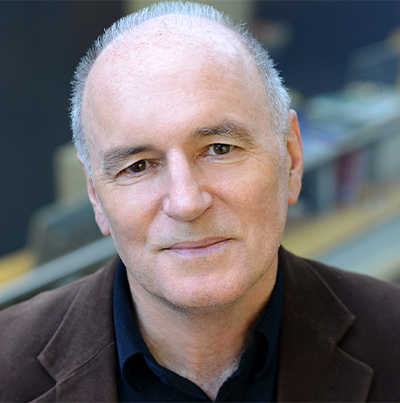
Neil Pearce
Chair
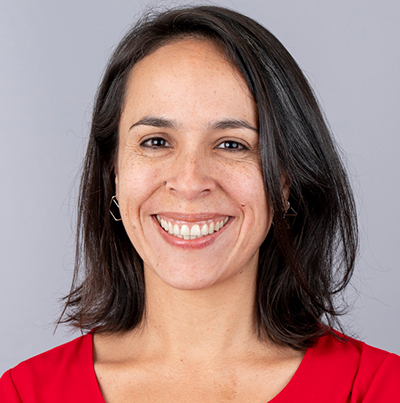
Margarita Moreno Betancur
University of Melbourne,
Australia
Con

Peter Tennant
University of Leeds,
United Kingdom
Pro
Are traditional cohorts outdated?
Time: 16h30 – 18h30 | Venue: Ballroom East
This multi-speaker symposium explored the evolving landscape of cohort studies in epidemiology. There was an examination of the relevance of traditional cohort designs in the face of emerging data sources, technological advancements, and new methodologies. Speakers discussed whether traditional cohorts still offer valuable insights or if they are being overshadowed by modern approaches such as digital cohorts, real-time data collection, and advanced analytics. The symposium invited attendees to consider the future of cohort studies, weighing the merits of established methods against innovative alternatives. This session provided a critical analysis of the past, present, and future role of cohort studies in epidemiological research.

Naja Hulvej Rod
University of Copenhagen

Karen Canfell
The Daffodil Centre, Cancer Council NSW / University of Sydney
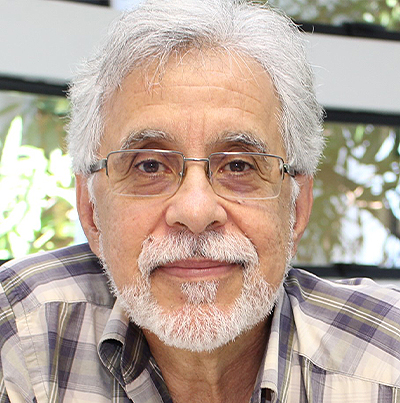
Mauricio Lima Barreto
Center of Data and Knowledge Integration for Health

Yuan Lin
Nanjing Medical University
Pharmacoepidemiology: insights and challenges
Time: 16h30 – 18h30 | Venue: Meeting Block 2.41-2.43
This symposium offered a comprehensive exploration of pharmacoepidemiology, addressing essential definitions, common troubleshooting issues, and key methodological considerations, including comparative effectiveness, data validity, and regulatory standards. The session emphasised the integration of pharmacoepidemiology into critical research areas, such as HIV and COVID-19 studies. Speakers highlighted the importance of incorporating pharmacoepidemiologic components into long-standing cohorts to enhance the understanding and management of drug effects and disease outcomes. Through presentations and interactive discussions, attendees gained valuable insights into overcoming current challenges, advancing their research methodologies, and improving clinical practices in pharmacoepidemiology.

Elaine Morrato
Loyola University
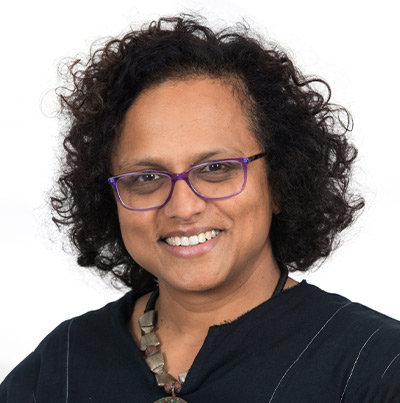
Ushma Mehta
University of Cape Town

Karen Cohen
University of Cape Town
Teaching epidemiology: global perspectives
Time: 16h30 – 18h30 | Venue: Meeting Block 1.61-1.64
This multi-speaker symposium explored diverse approaches to teaching epidemiology from around the world. This session featured contributions from speakers involved in epidemiology teaching who shared their methodologies, successes, and challenges in delivering epidemiological education across different cultural and educational contexts. By highlighting practices, regional adaptations, and strategies for overcoming common obstacles, the symposium provided attendees with a broader understanding of how teaching practices can be tailored to address both local and global public health needs. This engaging session facilitated a rich exchange of ideas, fostering collaboration and enhancing the effectiveness of epidemiological training.

Katherine Keyes
Columbia University

Na He
Fudan University

Miquel Porta
University of Barcelona

Noah Kiwanuka
Makerere University
Critical reflections on epidemiology and its future
Time: 16h30 – 18h30 | Venue: Ballroom East
This panel discussion critically evaluated the current landscape of epidemiology, examining its recent advancements, ongoing challenges, and emerging opportunities. Panellists reflected on how new methodologies, technological innovations, and evolving public health priorities are reshaping the field. They explored the implications of these changes for research practices, policy-making, and the broader public health impact. This discussion provided a comprehensive overview of where epidemiology stands today and where it is headed, fostering a rich dialogue about the future directions of the discipline. Attendees had the opportunity to engage with the panellists, share their perspectives, and contribute to shaping the future of epidemiological research and practice.

Matthias Egger
University of Bern

Matt Fox
Boston University

Deborah Lawlor
University of Bristol
Old risk factors in the new era: tobacco, alcohol, and physical activity
Time: 16h30 – 18h30 | Venue: Ballroom West
This multi-speaker symposium explored how traditional risk factors continue to influence modern health challenges. This session brought together speakers examining the persistent impact of tobacco and alcohol use on public health, despite advances in prevention and treatment. Additionally, the symposium addressed the evolving role of physical activity in mitigating health risks and promoting overall well-being. Attendees gained insights into the latest research findings, emerging trends, and innovative approaches for managing these critical risk factors in today's rapidly changing health landscape. Through a series of presentations and discussions, this session bridged the gap between established knowledge and contemporary practices, fostering a comprehensive understanding of these enduring health concerns.

Lekan Ayo Yusuf
University of Pretoria

Katherine Keyes
Columbia University

Shifalika Goenka
Public Health Foundation of India
India
Ethics and epidemiology: conflicts of interest in research and service
Time: 16h30 – 18h30 | Venue: Meeting Block 2.41-2.43
This interactive session explored the complexities of conflict of interest as it applies to epidemiological research and the consequences for health policy and services. It started with covering some basic approaches to understanding conflict of interest and solicit participants’ own experience of COI. The session then took participants through an examination of a protocol, using a mock Research Ethics Committee deliberation to see how COI in epidemiological research might be better managed. Participants observed and voted on the committee’s reasoning and decision-making, using tools developed by the facilitators to support ethical decision-making. A second round of discussion explored how the management of such COI has potentially large impacts on service and policy.

Leslie London
University of Cape Town
South Africa
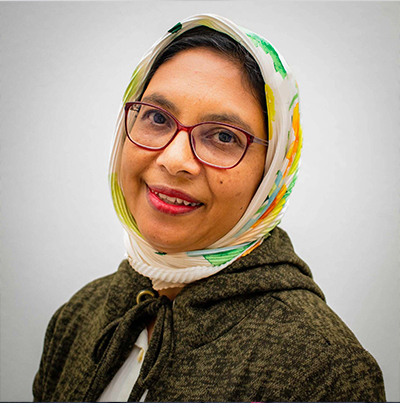
Amina Saban
University of Cape Town
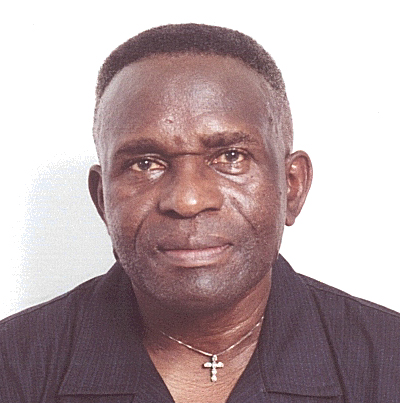
Godfrey Tangwa
Cameroon Bioethics Initiative
Cameroon

Stephen Okeyo
Uzima University
Kenya

Philip Adongo
University of Ghana
Ghana
Racial and ethnic classifications in epidemiology: global perspectives
Time: 16h30 – 18h30 | Venue: Meeting Block 1.61-1.64
This session brought together speakers from South Africa, Brazil, the USA, and France, and explored the complexities, challenges, and nuances of racial and ethnic classifications in epidemiological research. Speakers highlighted how different countries approach racial and ethnic classifications, and how these classifications are shaped by historical, cultural, and socio-political factors, impacting public health interventions and epidemiological findings. By offering diverse global perspectives, the symposium underscored the importance of culturally sensitive and context-specific approaches to improving both the accuracy and relevance of health data. The discussion fostered a deeper understanding of how race and ethnicity influence public health policy and research on a global scale.

Sumaya Mall
University of Witwatersrand

Zinzi Bailey
University of Minnesota

Mauricio Lima Barreto
Center of Data and Knowledge Integration for Health

Patrick Simon
National Demographic Institute
Is it risky for epidemiologists to be advocates?
Time: 16h30 – 18h30 | Venue: Meeting block 1.41-1.44
This debate explored the implications of epidemiologists taking on advocacy roles within public health. Neil Pearce and Kalpana Balakrishnan critically assessed whether such advocacy efforts enhance or compromise scientific objectivity, public trust, and the overall impact on policy and practice. They presented arguments evaluating the potential benefits and risks of advocacy for epidemiologists, considering how these roles may influence research integrity, public health outcomes, and the broader field of epidemiology. The session delved into whether advocacy can coexist with rigorous scientific research or if it poses inherent conflicts. To foster a dynamic and interactive discussion, the audience was invited to share their perspectives and vote on whether epidemiologists should actively support specific causes.

K. Srinath Reddy
Chair

Neil Pearce
London School of Hygiene and Tropical Medicine
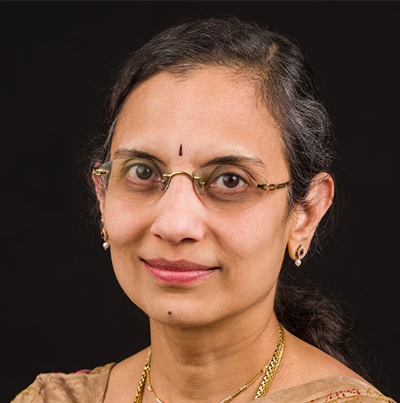
Kalpana Balakrishnan
Sri Ramachandra Institute for Higher Education and Research
The role of epidemiology in building responses to violence
Time: 16h30 – 18h30 | Venue: Ballroom West
This multi-speaker symposium explored the global landscape of violence prevention by examining prominent approaches implemented internationally. The session discussed how lessons learned from responses to other diseases can inform violence prevention strategies, highlighting new methods and technologies that can be leveraged to advance this critical area of public health. It also considered how to better integrate existing knowledge of violence prevention into both practical applications and teaching curricula. By addressing these critical issues, the symposium enhanced understanding of how violence prevention can be effectively prioritised in public health initiatives and incorporated into broader health education across a range of settings.
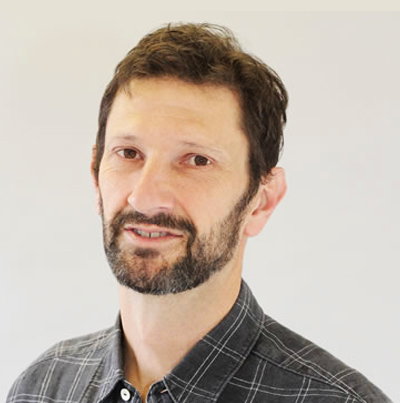
Richard Matzopoulos
South African Medical Research Council
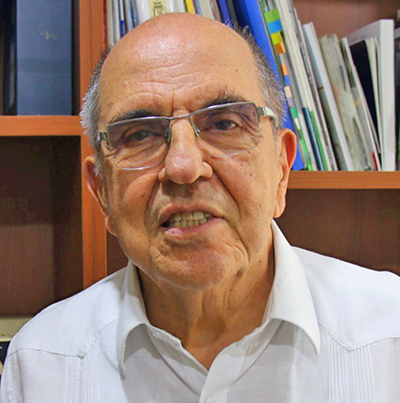
Rodrigo Guerrro-Velasco
Violence Research Center of Universidad del Valle

Rachel Jewkes
South African Medical Research Council

Zinzi Bailey
University of Minnesota
Meet the Journal Editor
Time: 16h30 – 18h30 | Venue: Meeting Block 1.61-1.64
This panel discussion provided a unique opportunity to interact directly with Editors from leading Epidemiology journals. This engaging session offered valuable insights into the editorial process, from manuscript submission to publication decisions. Attendees learnt about the criteria that editors use to evaluate submissions, current trends in research, and effective strategies for enhancing manuscript quality. With a focus on practical advice and open dialogue, this session demystified the publishing process and provided researchers with the tools and knowledge needed to navigate the academic publishing landscape successfully. Whether you are an experienced author or new to publishing, this session provided essential guidance to help you achieve your publishing goals.

Kota Katanoda
Journal of Epidemiology
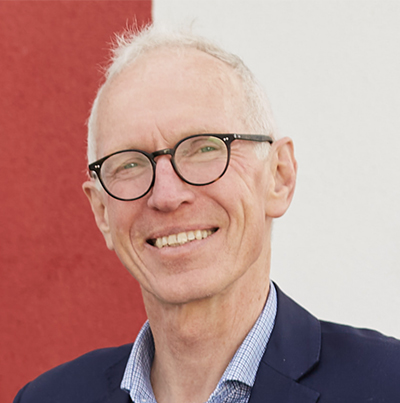
Alistair Woodward
International Journal of Epidemiology

Hyeon Chang Kim
Epidemiology and Health

Miquel Porta
Journal of Epidemiology and Community Health
Preventing, predicting, preparing for and responding to pandemics and epidemics
Time: 16h30 – 18h30 | Venue: Ballroom East
This session brought together a diverse group of stakeholders from infectious disease control, emergency preparedness, response, and epidemiology. It explored the essential interdependencies between the health sector and other critical sectors, emphasising effective strategies for preparing for and responding to respiratory pathogen outbreaks. Attendees benefitted from expert presentations and collaborative discussions that provided a deep understanding of the fundamental elements of pandemic plans. The session offered detailed descriptions and the rationale behind each critical component of these plans. Participants left with valuable insights and practical tools to enhance their pandemic planning and response capabilities, ensuring a comprehensive and coordinated approach to managing future public health crises.

Oluwatosin Akande
Pandemic preparedness and response planning

Carl Reddy
Training Programs in Epidemiology and Public Health Interventions Network (TEPHINET)
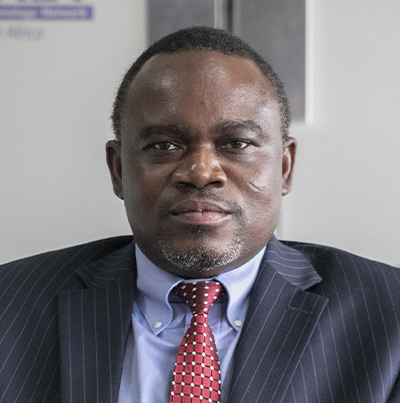
Simon Antara
African Field Epidemiology Network (AFENET)
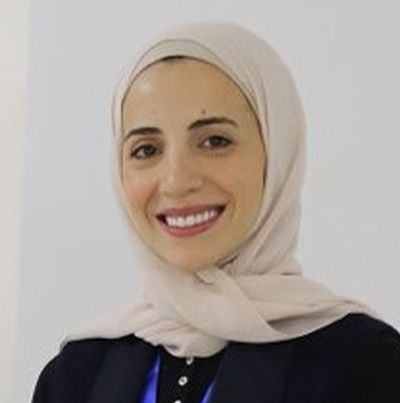
Deema Al Bakri
Eastern Mediterranean Public Health Network EMPHNET, Jordan.

